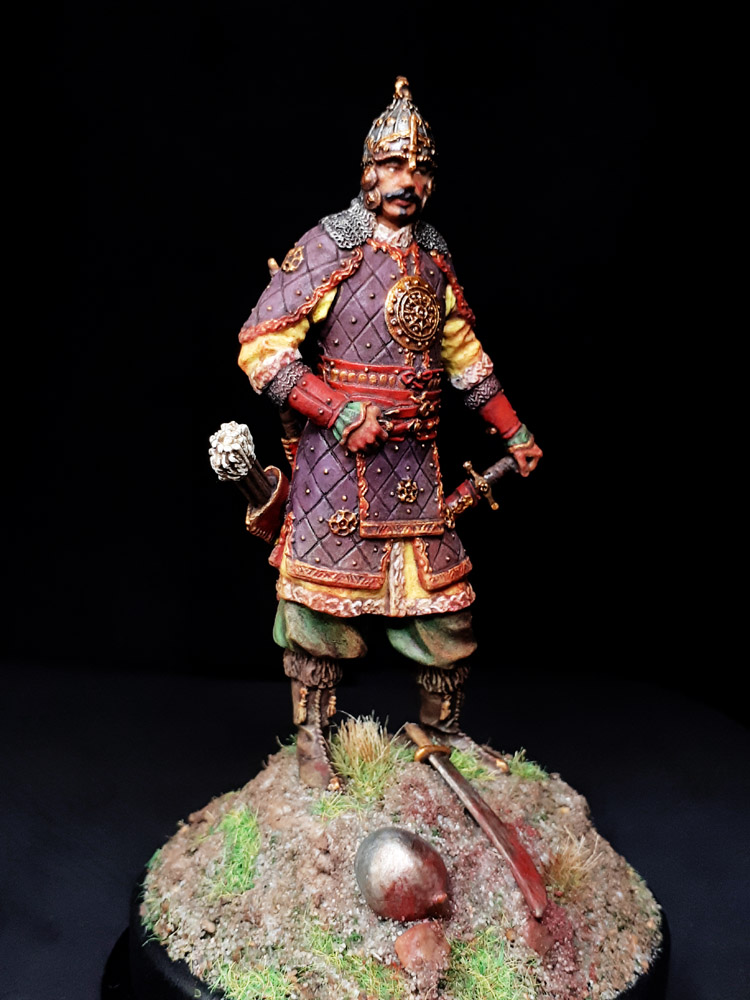
Genghis Khan is reported to have called him one of his four “dogs of war”.
Subutai (1175–1248) was a general and important military strategist for Genghis Khan and Ögedei Khan. He directed more than 20 campaigns and won 65 pitched battles, during which he conquered or overran more territory than any other commander in history as part of the expansion of the Mongol Empire.
He was a major innovator in the art of war. In the invasions of China, Russia, and Europe, he routinely coordinated large forces often separated by huge distances. His manouvering was designed to mislead his foes and strike them from unexpected directions.
Subutai was a master at creating divisions within the enemy ranks and surprising them. The terrifying Mongol reputation, combined with highly effective spy networks that spread unrest, as well as bribes to important local leaders, hindered his opponents from effectively uniting and fighting at their full capacity.
He was one of the first Mongol generals, alongside Genghis Khan, who realized the value of engineers in siege warfare. Even in field battles he made use of siege engines, in the first recorded use of artillery bombardments against an enemy army to disrupt their resistance while simultaneously attacking them. Similar to the creeping artillery barrage of World War I, used to soften and disrupt enemy lines right before an attack.
He fought in a decisive and fluid manner where heavy firepower was used to create openings for rapid cavalry charges with deep formations. Subutai would disperse Mongol forces along a wide frontage and rapidly converge to decisive points (like Napoleon) to defeat the enemy in detail.
Subutai’s methods were effectively used to completely crush the enemies will to fight. He has been credited as the first general to operate campaigns using the modern organizational methods of command and control.
Although Subutai had devastated the armies of Russia, Georgia, Hungary, Poland, Bulgaria, and Latin Constantinople in a series of one-sided campaigns, Western military leaders, historians, and theorists completely ignored him until the 20th century!
Even at 71 years old Subutai was in charge of the campaign against the Chinese Song dynasty. After a long and illustrious life aiding the expansion of the Mongol Empire, Subutai returned to Mongolia after the Song campaign in 1248, dying at his home in the vicinity of the Tuul River (near modern Ulaanbaatar) at the age of 72.
